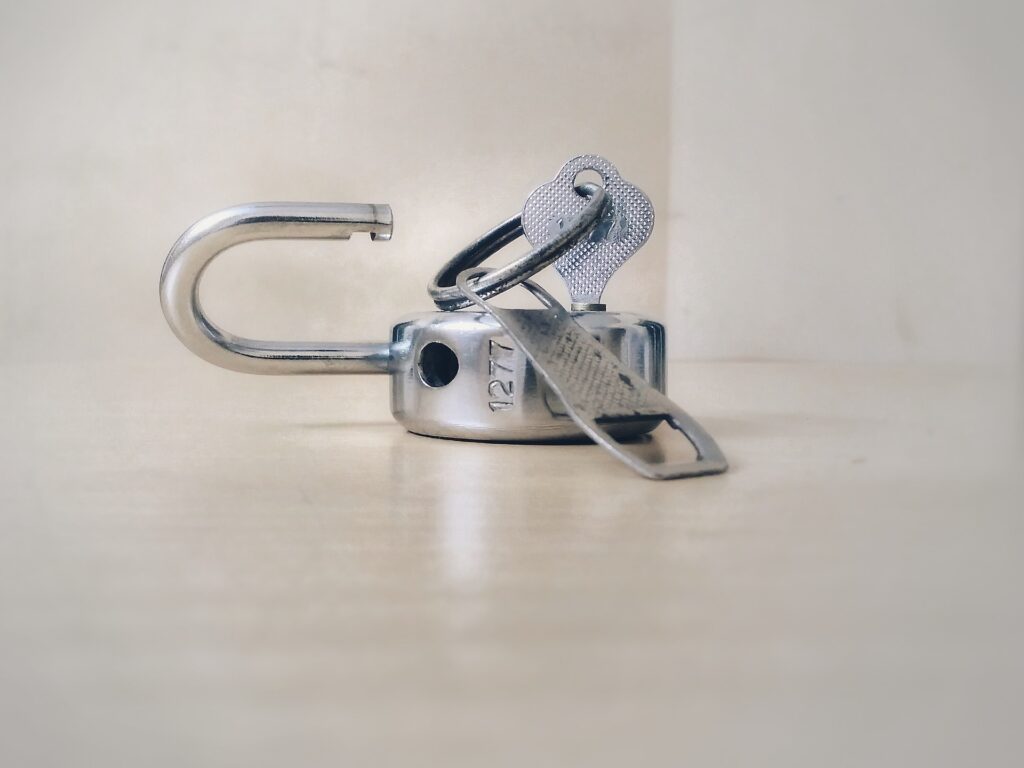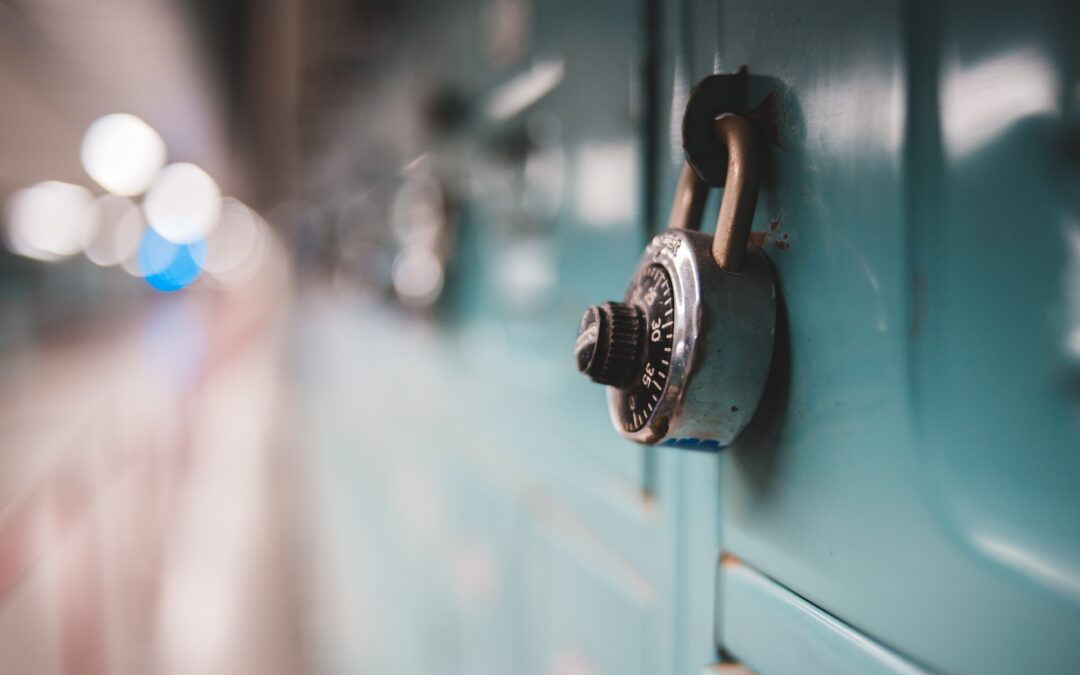Table of Contents
Do you live in Los Angeles and need to understand the differences between mortise and cylindrical locks? Don’t worry, because we’ve got you covered! In this article, we’ll break down these two types of locks so that you can make an informed decision on which one is right for your property.
*Before you begin, we encourage you to take a moment to explore our diverse collection of articles, which we believe will pique your interest.
–How Much Does Changing Locks Cost?
–Secure Your Home with Easy Safety Tips and Tricks
–Which lock is best for your home security: smart or old-style?
–Five of the Strangest Locks You Won’t Believe Exist
–Learn about securing your business: from alarm locks to commercial locks
And more!! Visit our blog (https://locksmith-losangeles.us/blog/)!
Do You Know Locksmith Los Angeles?

As a comprehensive locksmith service provider based in Los Angeles, CA, we take pride in offering 24/7 assistance to our customers in the area. Locksmith Los Angeles is committed to delivering prompt emergency responses to ensure your security and satisfaction.
Our team of technicians is highly skilled and proficient in various locksmith technologies. Each employee undergoes a thorough screening process, including criminal background checks, to guarantee your safety.
We provide an extensive range of locksmith services, such as 24-hour emergency lockouts, car door lock repair, digital lock installation, home lock repair and replacement, window lock repair and replacement, padlock repair, and replacement, and much more.
Our various services include:
What Is A Mortise Lock?
A mortise lock is a type of door-locking mechanism used for securing the doors in residential and commercial premises. It consists of metal components that are placed within a rectangular pocket called a ‘mortise’, cut out from the edge of the door. This mortise is usually around 2 to 3 inches deep, depending on the size and design of the lock. The metal parts include two cylindrical components; one a latch that extends into the jamb when the handle is turned, and another an interior deadbolt operated by a key or thumb turn. A mortise lock provides greater security than other types of locks due to its construction, as it sits within its pocket making it difficult to tamper with from the outside.
Cylindrical locks are different from mortise locks in many ways. They have fewer moving parts than mortise locks do, making them easier to install. Cylindrical locks use spring-loaded mechanisms instead of bolts so they don’t need any additional hardware like strike plates or screws to be attached to the door frame.
Unlike mortise locks whose locking components are all contained inside the pocket, cylinder locks have their locking components exposed on both sides of the door allowing easy access to operate them with just a key or thumb turn. Furthermore, cylinder locks can also be retrofitted easily onto existing doors without having to make major modifications as compared to installing a new mortise-style lock set up which requires cutting out part of your doorway for installation purposes. As such, cylindrical locks tend to be less expensive than Mortise Locks and offer better convenience for homeowners who want added security but cannot afford costly installations.
What Is A Cylindrical Lock?
Cylindrical locks are a common type of lock found in Los Angeles, as well. These types of locks are usually seen on interior doors and feature an easily identifiable cylindrical shape. The mechanism for these locks is similar to that of the mortise lock, but instead of having two separate pieces, it has one solid piece with a hole drilled through the center. This hole allows for a key to be inserted into the center which then activates the locking mechanism inside.
These types of locks generally provide less security than their mortise counterparts due to their simple construction. They can also be more vulnerable to tampering and picking since they lack any extra features like deadbolts or anti-tampering devices. However, they are much simpler to install than mortise locks and require fewer tools so they may be preferable depending on your needs.
Because of their simplicity and ease of installation, cylindrical locks are often chosen by homeowners who don’t have the time or resources available to properly secure their homes with higher-quality mortise locks. In some cases, these types of locks can still provide adequate levels of security if installed correctly and maintained regularly. Ultimately, whether you choose a cylindrical lock or a mortise lock depends on your personal preferences and budget limitations.
Key Differences
Mortise locks and cylindrical locks are two different types of door locks commonly used in Los Angeles. Though they both serve the same purpose, there are some key differences between them.
The first difference is their construction. Mortise locks have a pocket cut into the edge of the door that houses the lock body, with an overlapping strike plate on the opposite side for added security. Cylindrical locks require only a single hole to be drilled into the door and no additional parts or components like mortise locks do.
Another difference relates to installation difficulty; mortise locks can be more difficult to install since they require precision cutting when fitting them into a door frame, whereas cylindrical locks are easier as they just need one hole to fit them properly. Lastly, while mortise locks provide greater security due to having multiple locking points along their length, cylindrical models offer simpler operation and maintenance with fewer moving parts.
In summary, these two kinds of door locks differ significantly in terms of construction, installation difficulty, and level of security offered.
Security & Durability Considerations
The security and durability of a lock are important considerations when comparing mortise and cylindrical locks in Los Angeles. Mortise locks are generally considered to be more secure than cylindrical locks, as they require special tools or knowledge to open, making them difficult to pick or bypass. They also feature deadbolts with hardened steel inserts that make them resistant to forced entry. Cylindrical locks are not as secure as mortise locks and can typically be opened using everyday items such as credit cards or paperclips.
Regarding the durability of these two types of locks, mortise locks tend to last longer due to their heavier construction and thicker materials. Additionally, many come with corrosion-resistant finishes that extend the life of the lock even further. On the other hand, cylindrical locks may have shorter lifespans because they are usually made from lighter metals and plastic components which can wear down over time.
When examining both security and durability considerations for your home’s locking system in Los Angeles, it’s clear that mortise locks offer superior protection against intrusion while providing extended longevity compared to cylindrical models. Investing in high-quality mortise locks will ensure your family’s safety for years to come.
Installation & Maintenance Requirements
Moving on from security and durability considerations, the installation and maintenance requirements of mortise and cylindrical locks in Los Angeles are also vastly different. Mortise locks require a more complex installation process that requires precision cutting into the door frame to create an opening for the lock body and strike plate. This means that they need to be installed by an experienced professional with specialized tools to ensure proper fitment. Furthermore, since mortise locks are made up of multiple components, they can require frequent maintenance such as cleaning out dust or debris buildup over time.
Cylindrical locks on the other hand are much simpler to install and do not require any special tools beyond a standard screwdriver. The entire unit is self-contained so there’s no need to cut openings into your door frame like you would with a mortise lock. Additionally, cylindrical locks generally have fewer moving parts than their mortise counterparts making them easier to maintain and less likely to suffer from wear and tear due to their simplistic design.
Overall, when it comes to choosing which type of lock best suits your needs in Los Angeles, it is important to consider both the installation process as well as long-term maintenance requirements before making a decision. Keeping these factors in mind will help determine if either a mortise or cylindrical lock is better suited for your home or business property’s specific security needs.
Types Of Keys Used
Mortise locks use a key that is inserted into the lock and turned to open it. This type of key has jagged edges which must match up with cuts in the cylinder inside the lock. Cylindrical locks, on the other hand, require a different kind of key. The cylindrical keys have smooth edges which fit into round holes in the cylinder within the lock when turned.
In Los Angeles, mortise locks are usually installed on residential properties while cylindrical locks are more commonly used for commercial purposes. Mortise locks provide higher levels of security due to their difficult-to-duplicate design, so they’re ideal for residences where safety and privacy are paramount. Cylindrical locks can offer basic security but aren’t as secure as mortise models because the keys can be copied easily with minimal effort.
Keys come in various shapes, sizes, and materials depending on their purpose and usage requirements. Many homeowners choose brass or nickel-plated steel keys for their home’s mortise locks since these metals resist corrosion better than traditional iron or zinc alloy options. Commercial buildings often use aluminum keys since they don’t corrode as easily as brass or steel ones do over time. No matter what type of material is chosen, however, all cylinders should be checked regularly to ensure proper operation and protection from unauthorized access.
Conclusion
In conclusion, it is important to understand the differences between mortise and cylindrical locks when considering a security system for your home or business in Los Angeles. Mortise locks are more secure than cylindrical locks due to their construction and have a longer lifespan with proper maintenance. On the other hand, cylindrical locks are easier to install and maintain but can be less secure depending on the type of key used. Ultimately, you should choose a lock that fits your needs while also providing peace of mind knowing your property is safe from intruders.
When selecting either style of lock, make sure you consider all aspects such as cost, installation requirements, security features, types of keys available, and how easy they are to replace if needed. And remember: no matter what type of lock you decide upon, always ensure it’s properly installed by someone who knows how to do it right! That way I’m confident that my possessions will remain safe and sound at home or work in Los Angeles.
